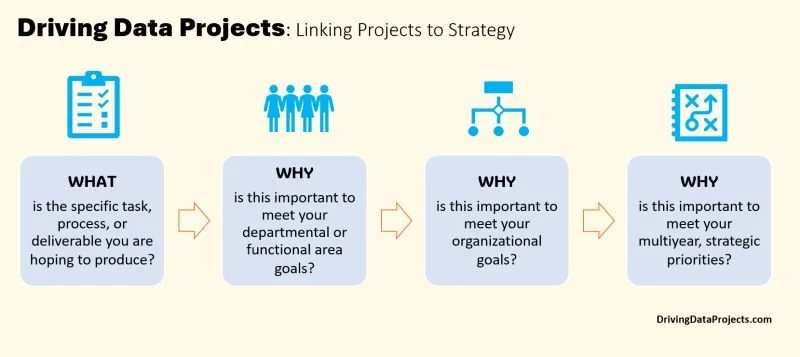The Deceptive Complexity of Asking "Why" (Part 2/2)
At first glance, asking “why” seems like the simplest thing in the world. It's often one of the first words children learn; we associate it with curiosity and learning. In professional settings, we're often encouraged to “ask why” to get to the root of problems or to uncover deeper insights. But as with many seemingly simple concepts, the act of asking “why” effectively is far more complex than it appears.
The Subtle Art of Cultivating a Beginner's Mind (Part 1/2)
In personal development and innovation management, we often encounter the concept of “Shoshin” or Beginner’s Mind. Originating from Zen Buddhism, this concept encourages us to approach situations with openness, eagerness, and lack of preconceptions, even when studying at an advanced level [1]. It seems straightforward: approach each problem with fresh eyes. However, as I've observed in my research, clients, and grad students, there's a significant gap between understanding this concept and successfully implementing it in real-world scenarios.
Linking projects to strategy
It can be challenging when stakeholders cannot translate business questions into technical requirements or do not provide enough context for data teams to do so. From there, the data team is often left to maintain the status of a series of ad hoc projects rather than connect these business questions to a larger more defined data strategy.
Finding Meaning in Data Projects by Asking: Why
Most data teams cover WHAT and HOW with standard reports and KPIs. They will optimize processes and analyze business domains impacting the company's bottom line from a data perspective.
But how many data teams truly understand the WHY behind the reports they generate? How many actively consult with the business as a true partner to understand the underlying business concerns behind the numbers? Without the WHY, delivering true value in the WHAT and HOW is ten times harder.


